Like many four-year-olds, my daughter recently started attending preschool. It’s an exciting milestone for any parent, but for me, it was an achievement that I wasn’t certain my daughter Khloe would attain.
That’s because Khloe has bilateral retinoblastoma, which is an advanced form of cancer in both of her eyes. When children have this disease, there is a possibility of them losing their eyes.
Fortunately, we were able to find doctors at Cincinnati Children’s Cancer and Blood Diseases Institute who were able to save both of her eyes, using a technique called ophthalmic artery infusion chemotherapy. I recently spoke about our journey to save Khloe’s eyes in a video for Cincinnati Children’s, if you’d like to learn more about the therapy.
Because of this procedure, Khloe is able to do all of the typical things a four year old should be doing, like attending preschool and playing with her friends on the playground. It’s easy to forget about what she’s been through when you see the vibrant, playful, and energetic little girl she is today.
While Khloe isn’t out of the woods completely – we’ll need to watch her for bone cancer until she’s 18 years old – she is doing so well that she is able to attend preschool this year. And it’s given me the chance to pause and reflect. While we were a strong family before cancer touched our lives, we are closer and stronger in ways that I never knew were possible.
Here are a few things I’ve learned on Khloe’s two and a half year journey with cancer that I’d like to share with other parents:
- Don’t think that it won’t happen to you. It sounds cliché, but it’s true. It never occurred to me that cancer would hit our family. My heart would always go out to friends and other family members who were battling cancer or another serious health condition, but I never imagined it would happen to my family. Because of that, it took me a really long time to mentally process what was happening.
- Be an advocate for your child. Regardless of whether your children have a serious health condition or not, learn how to be an advocate for them. It takes practice. I’ve never had a problem speaking my mind, but I had to learn to be more forward when it came to my daughter’s treatment. Trust your gut. If you don’t think something is right, don’t do it. Get a second opinion.
- Treat her just like everyone else. Whether you’re a teacher, friend, parent or family member, please treat Khloe like everyone else. Yes, going through cancer treatment is difficult, but she’s still a kid. She needs to learn right from wrong and be disciplined just like everyone else her age. She might have extra doctor’s appointments and a few minor physical limitations, but she doesn’t need special treatment. And she, like most kids, doesn’t want to be left out of activities or feel like an outcast.
- Be honest with your child. Honesty really is the best policy, even if you know that your child isn’t going to like what’s going to happen next. Explain upcoming medical procedures and appointments to your child so that she understands it and can mentally prepare for it. Kids are so perceptive. If you hide something from your child, she’s going to think that there’s a reason for her to be scared. Khloe was petrified of the anesthesia mask. I would talk to her about it before every procedure and eventually she wasn’t scared of it anymore. It took some time but I think the honesty and mental preparation helped not only with her comfort level, but also her trust in me.
- Write a letter to teachers (or other caregivers). When Khloe started attending preschool, I would explain her medical history and specific needs to her teachers, hoping that I would remember to tell them everything that they needed to know. I felt like I was constantly repeating myself and I was always worried that I was going to leave out something important. That’s when my aunt suggested writing a letter that way there wouldn’t be a possibility of me leaving something out from her history. And it could be shared more easily and broadly to the other teachers that take part in her care. It included:
- Her medical journey with bilateral retinoblastoma
- Facts about her condition: she has tunnel vision, no depth perception, and 20/230 vision in her left eye and 20/60 in her right.
- Her minor physical limitations
- Reasons that the teachers should call me: getting hit in the eye or any concerns at all with the eye
This information was well received from all of her teachers. It took the burden off of them from having to find the time to share the information with other teachers and it also helped give them perspective on exactly the types of things that Khloe needed to avoid and things to watch for.
For me, the best part about the letter is its symbolism. Writing a letter to help explain Khloe’s condition and very minor needs means that she is doing so well that people can’t tell she has any visual impairment at all. A situation that seemed inconceivable two and a half years ago.

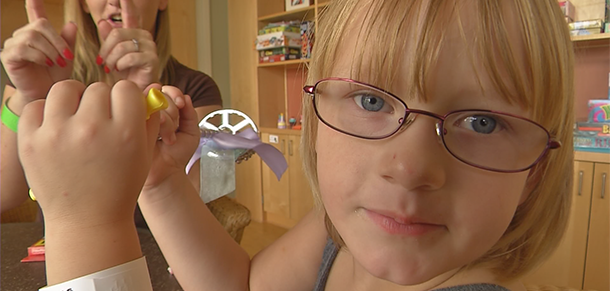
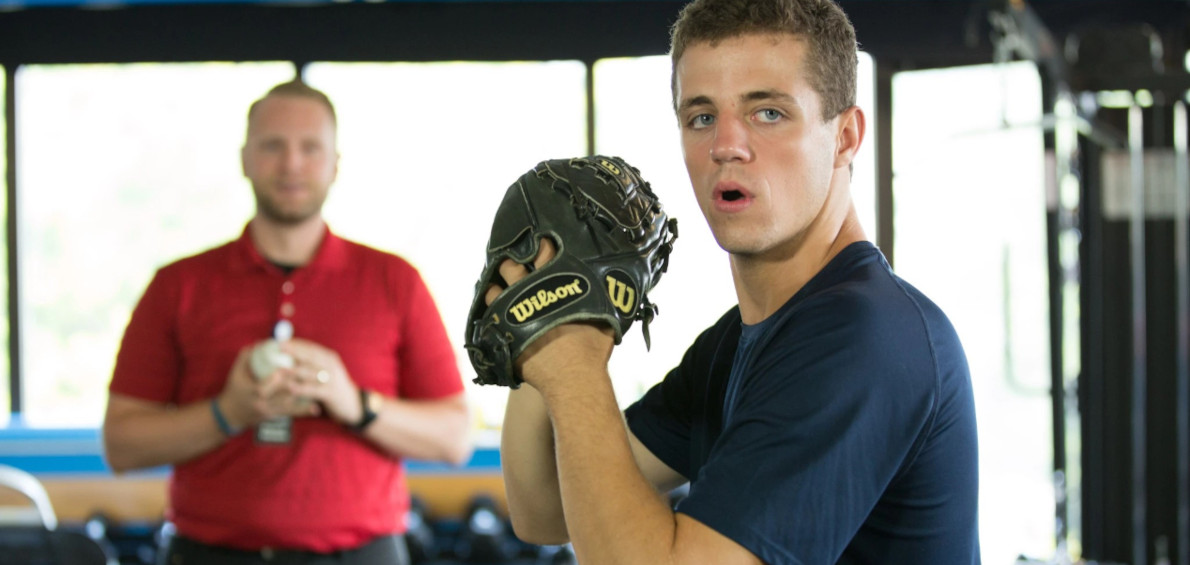
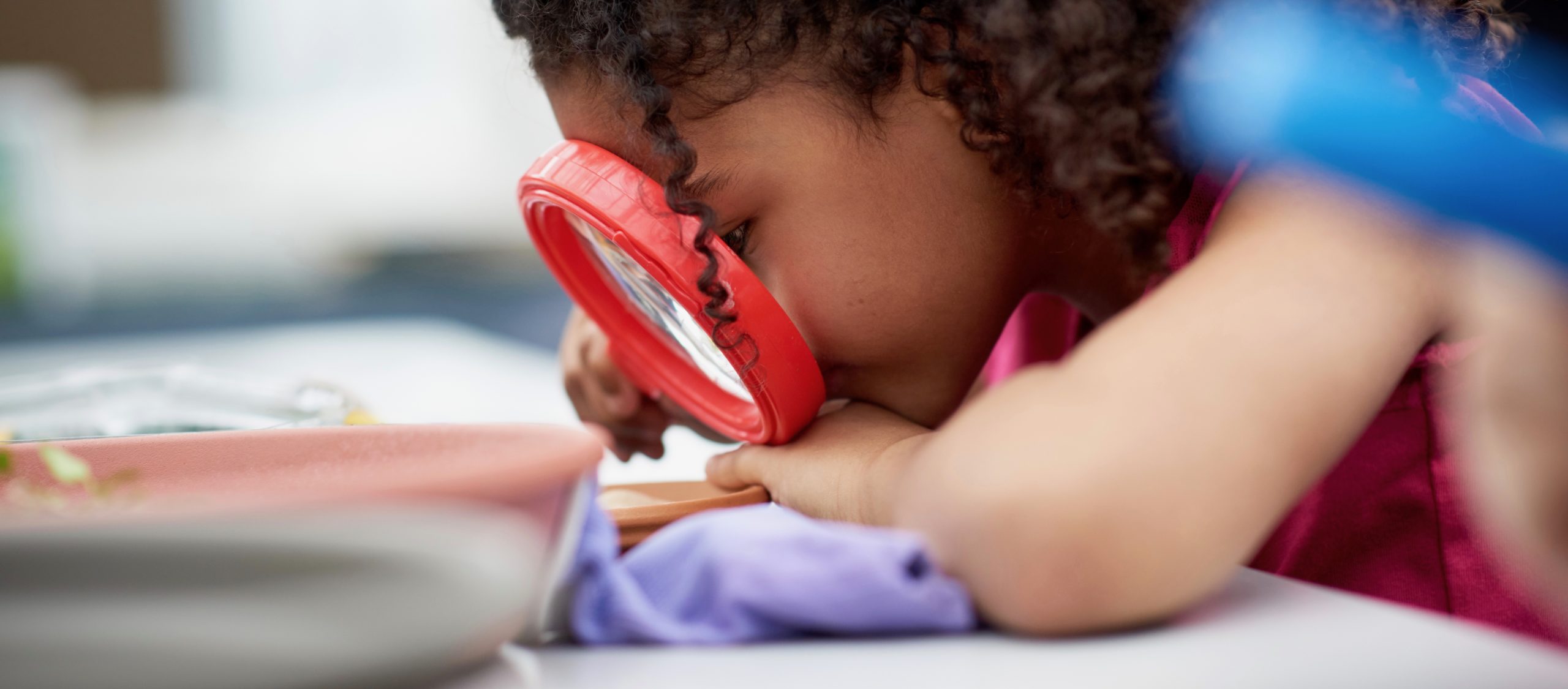
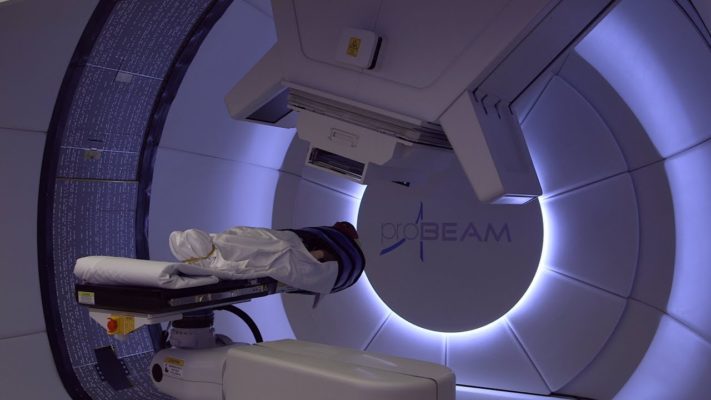
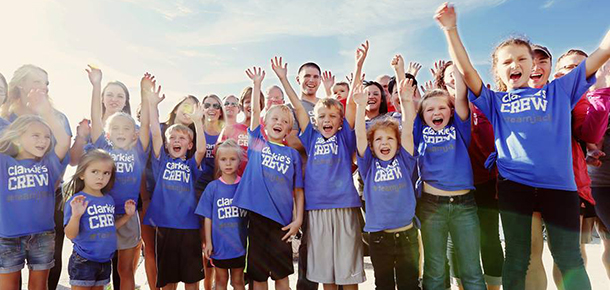
That was excellent!